Seeing the “Made-in-China” label on products is not an uncommon sight, but how would one feel if some of their favorite branded items were not produced ethically? Or if items of daily use such as toothpicks and chopsticks were not as clean as they thought they would be?
In fact, the term “forced labor” is not an alien topic to those who have been keeping tabs on what’s happening in China.
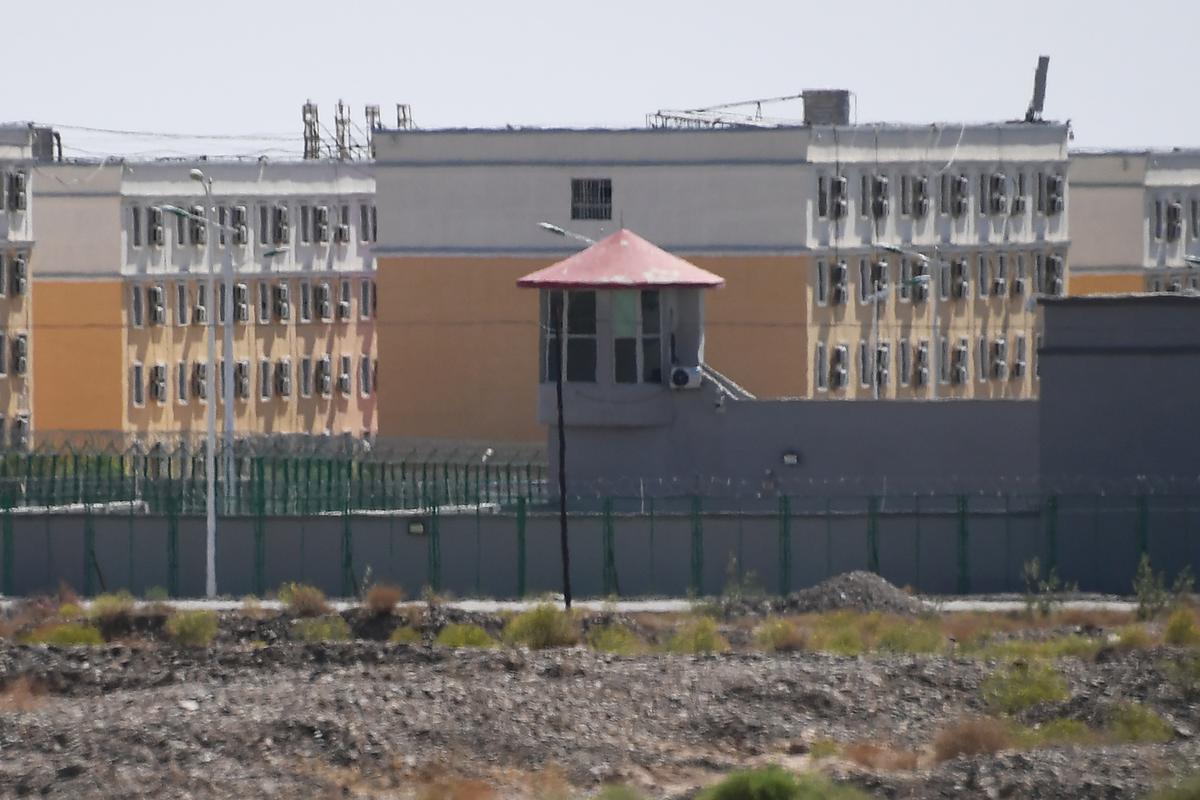
State-Run Slave Labor Industry
In 2019, the World Organization to Investigate the Persecution of Falun Gong (WOIPFG)—a United States-based nonprofit dedicated to documenting the persecution of the spiritual discipline—released a two-part investigative report that details how the “state slave labor industry” is thriving in China’s prisons, labor camps, and detention centers. The detainees are often prisoners of conscience or religious minorities who are imprisoned together with criminal inmates.Among the primary enslaved groups are practitioners of Falun Dafa—a meditation practice based on the principles of truthfulness, compassion, and tolerance. The peaceful meditation system, which is currently practiced freely all over the world, was outlawed in China by former communist party leader Jiang Zemin, who viewed this group of meditators as a “threat” after seeing its moral tenets gaining enormous popularity over that of the communist ideology. Per the official Chinese state data, 70 million to 100 million people had taken up the Falun Dafa practice within the first five years after its introduction in 1992.
On July 20, 1999, Jiang then launched a country-wide persecution campaign, which resulted in numerous Falun Dafa adherents being arrested and sent to prisons, labor camps, and brainwashing centers.
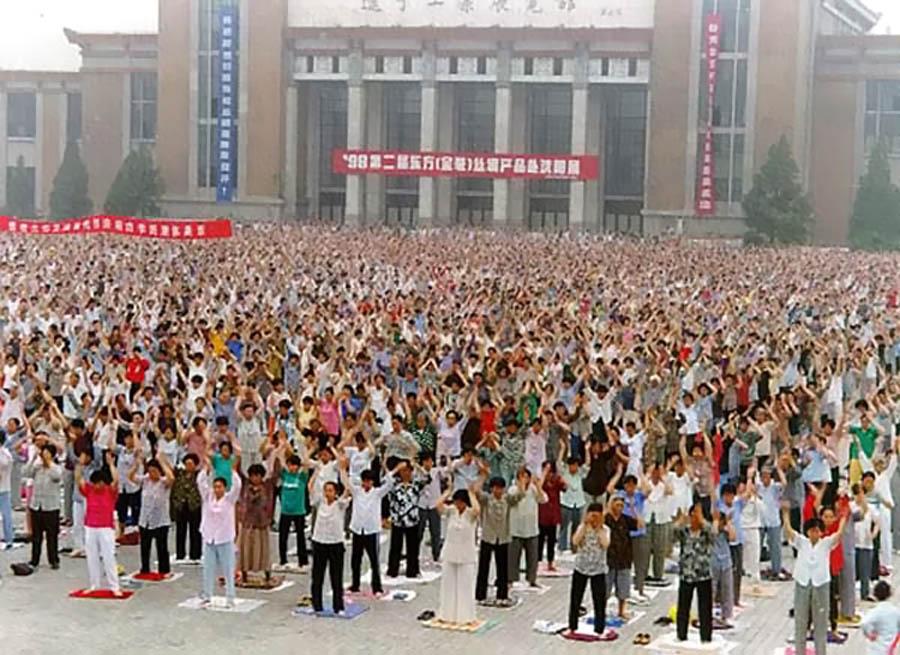
“Special Containers” and Controlled Restroom Visits
The WOIPFG report cited an example of Inner Mongolia First Women’s Prison, where the practitioners of Falun Dafa observed other inmates packing toothpicks or sorting quinoa with the aid of a small mug, and at times they employed a “special container”—a small basin that they used to wash their private parts at night.The report stated: “The prisoners get two mugs of water every day: one at noon and one at night. They would save the mug of hot water they get at night to wash their private parts in this small basin. During the day, this small basin is used to package toothpicks or sort Quinoa. These sorted Quinoa of the highest quality was mainly for export.”
The report mentioned that water outages frequently happened due to either technical faults or intentional cutoff by the prison guards to save money. As a result, prisoners could not wash their hands after using the restroom. The report also added that detainees were allowed to use the restroom only twice a day during working hours. If they do not have money to bribe the guards to allow them to use the restroom, some of them might “hide themselves in big piles of clothes to relieve themselves without the prison guards noticing.”
However, it noted that the apparel companies might be unaware of such actions and “may think that the traces on the clothes are just water marks” and not “urine marks.”
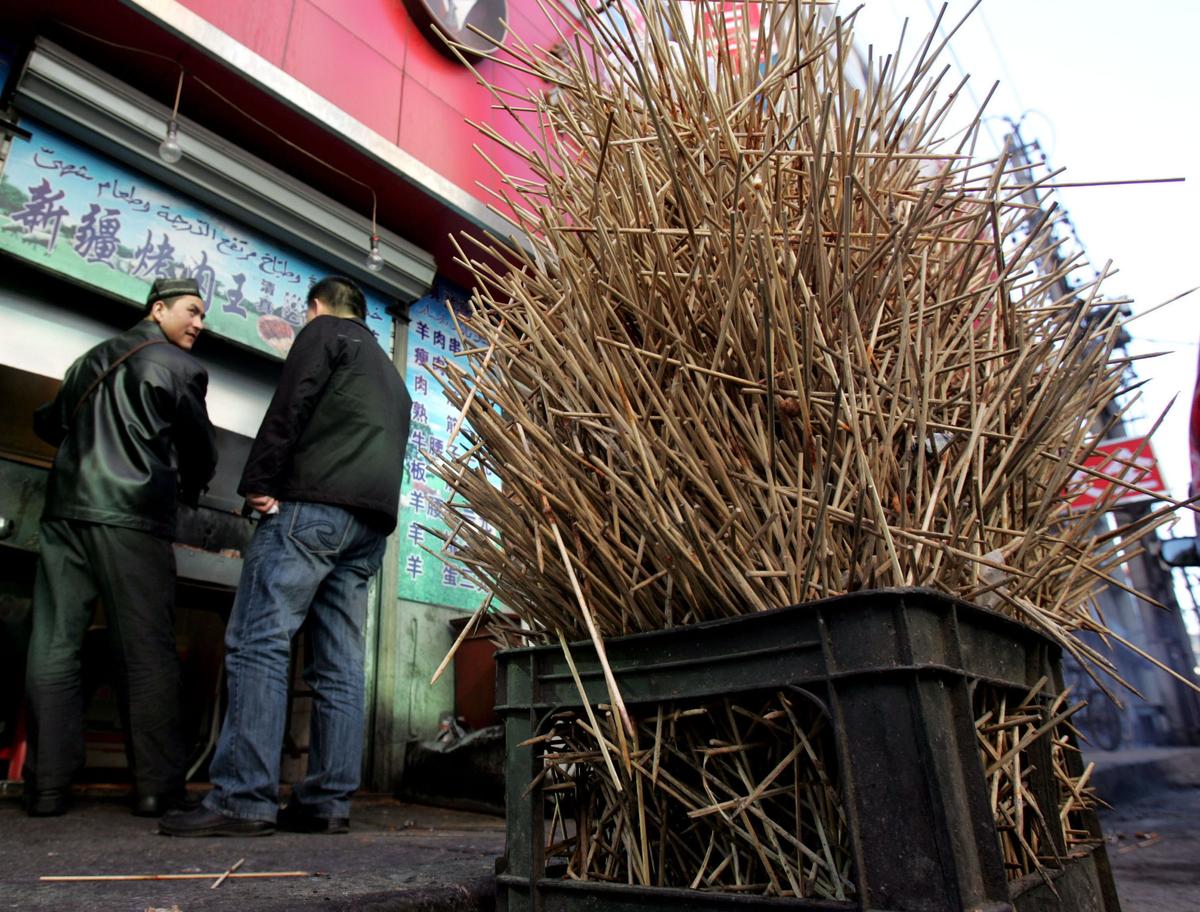
Unhygienic Working Conditions
Minghui.org, a United States-based website that tracks the persecution of Falun Dafa in China, has also released a three-part compilation report on the forced slave labor and the unhygienic work conditions. The report is based on practitioners’ accounts of what they had witnessed in the prisons while being detained.The report detailed incidents from Liaoning Women’s Prison. The prison has a large-scale clothing factory that produces clothes for export to countries such as the United States, Japan, South Korea, the United Kingdom, and Canada. Apart from making apparel, the inmates also made a variety of goods that include food, shoes, lingerie, and even cotton swabs that were exported to the United States, Europe, Australia, and other countries.
“The toothpicks were put on the ground regardless of the cleanliness. Some inmates rubbed the toothpicks with their athlete’s foot before throwing them back into the pile. There were others who put the toothpicks in their mouths before putting them back,” the report stated.

Some Falun Dafa practitioners who managed to flee China have also recounted their experiences of slave labor work while detained in prisons.
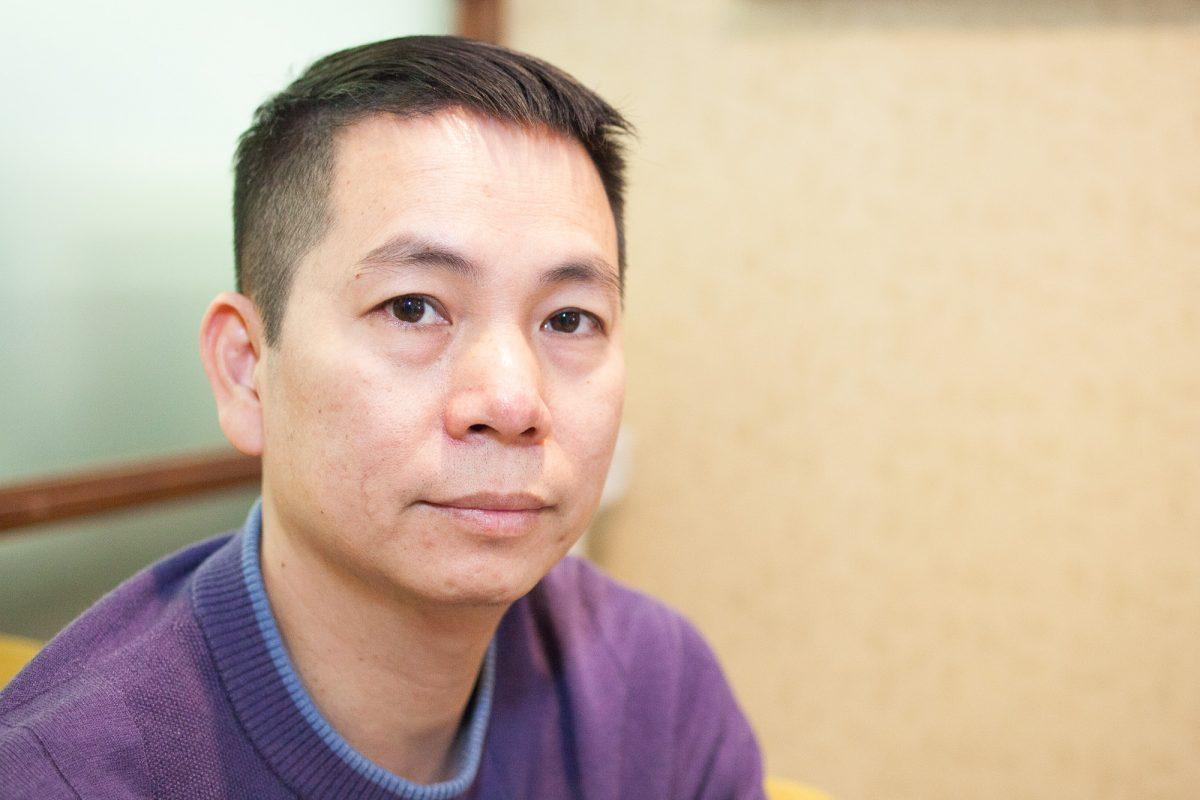
Bu Dongwei, who now lives in California and once worked for the San Francisco-based Asia Foundation Beijing branch, told Radio Free Asia in 2009 how he was forced to pack chopsticks in the labor camp in a small, crowded room with other inmates; he was sentenced to two and a half years for practicing Falun Dafa.
Bu said the chopsticks, made and packaged without going through any disinfection in labor camps, are commonly found in restaurants in the United States. He recalled that once when he was in Washington having meals downstairs of Capitol Hill, he saw the same kind of chopsticks in use.

Although WOIPFG noted that the United States had banned the import of goods made by forced labor in 2016, the prisons and detention centers in China were able to continue their export of such products by using “multiple layers of subcontractors to cover up the true origins of these products.”


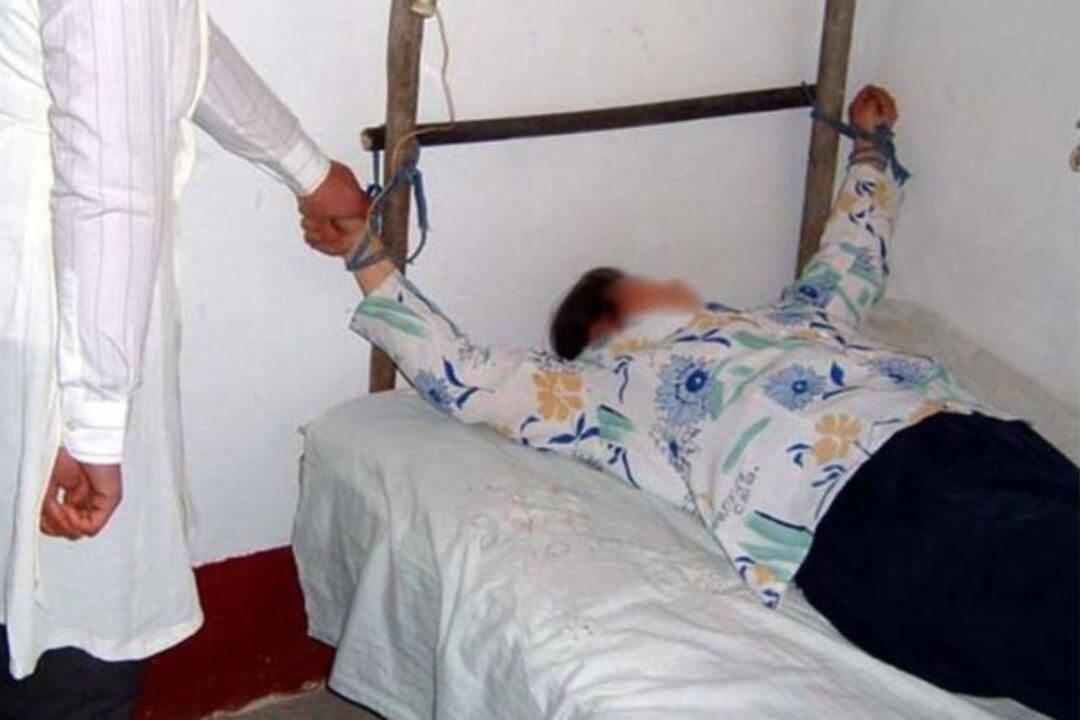

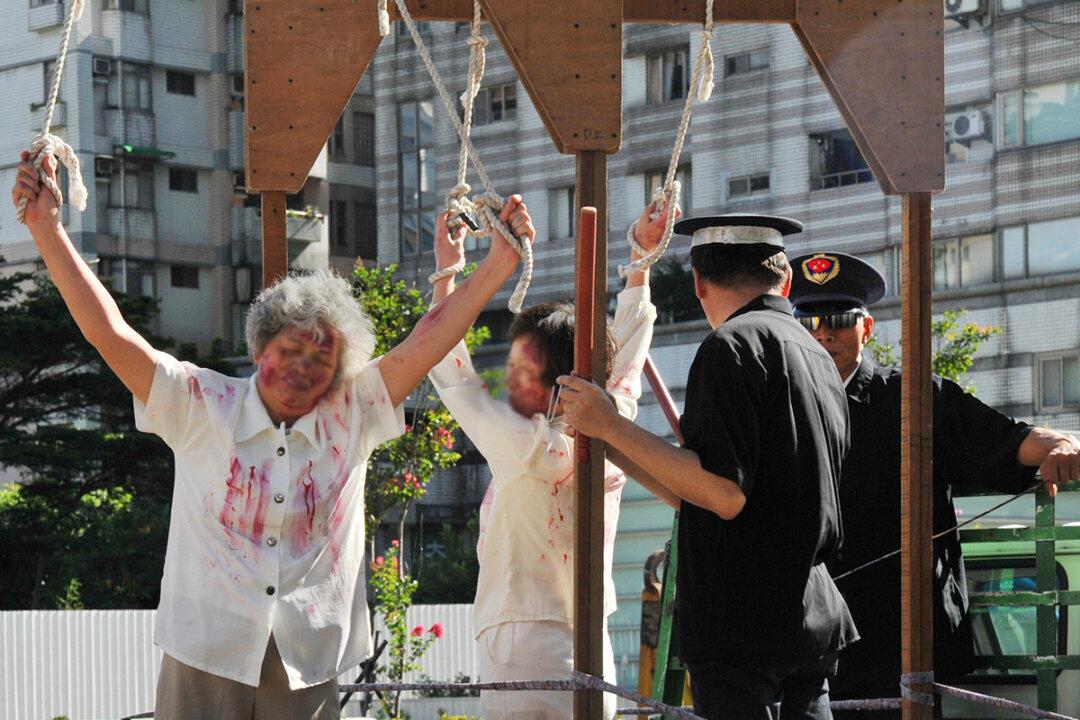
![‘Killing You Would Be the Same as Killing Ants’: Prisons Where Innocent Citizens Are Tortured [PHOTOS]](/_next/image?url=https%3A%2F%2Fimg.theepochtimes.com%2Fassets%2Fuploads%2F2023%2F12%2F09%2Fid5544114-Falun-DaFa-practitioner-1080x720.jpg&w=1200&q=75)